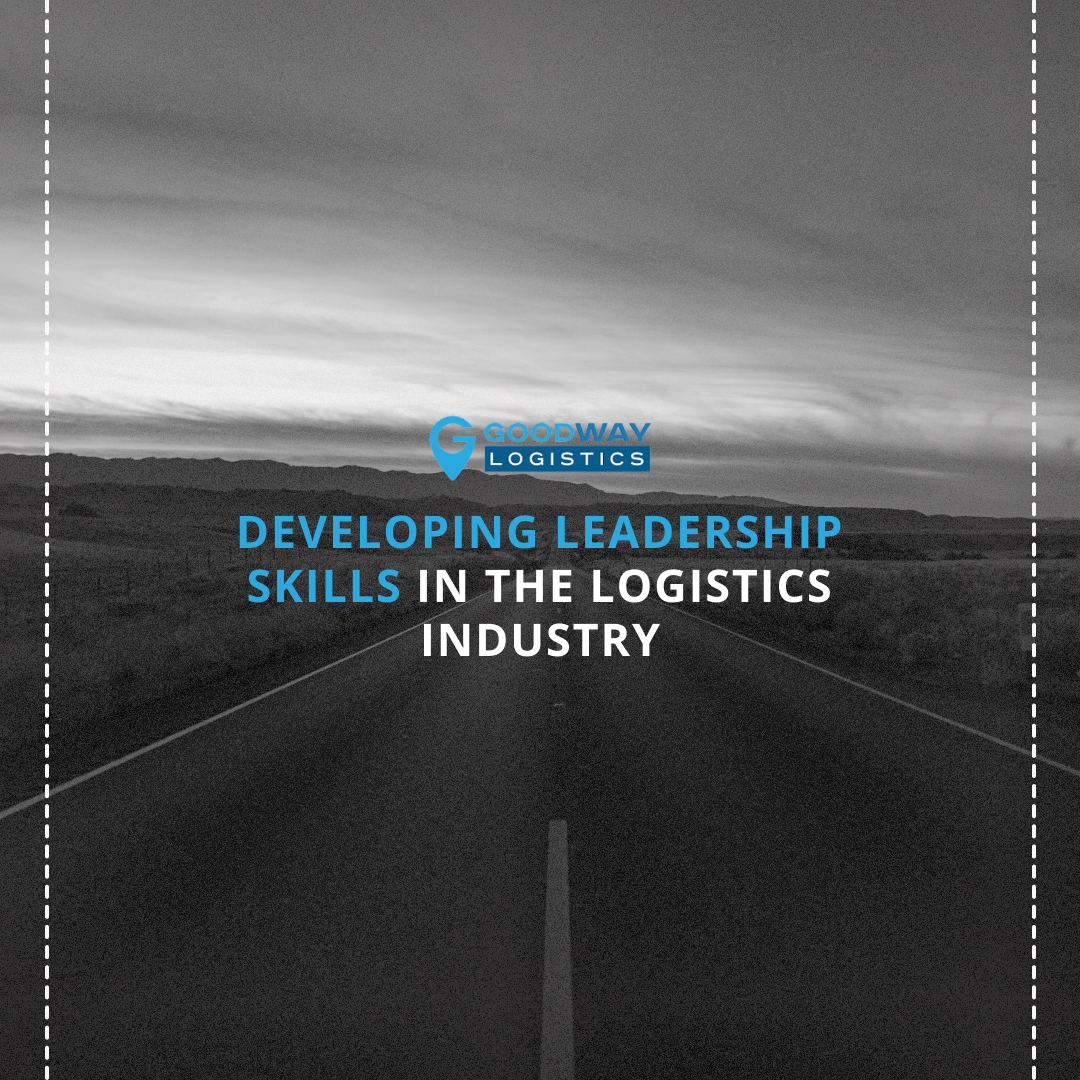The logistics industry plays a pivotal role in ensuring the smooth flow of goods and services, connecting suppliers and consumers across the globe. As the industry continues to evolve, the need for effective leadership becomes increasingly vital for sustainable growth and success. This article delves into the importance of developing leadership skills within the logistics business and explores key strategies to foster strong leadership qualities among professionals in this sector.
Understanding the Role of Leadership in Logistics: In the logistics business, leadership goes beyond traditional management roles. Effective leaders in this industry must possess a unique set of skills to navigate complex supply chains, optimize processes, and handle dynamic challenges. These leaders need to be visionary, adaptable, and adept at decision-making to keep pace with the ever-changing demands of the global market.
Identifying Key Leadership Competencies: To foster leadership growth, it is crucial to identify and prioritize the key competencies required for success in the logistics sector. These competencies may include strategic thinking, problem-solving, effective communication, decision-making under pressure, emotional intelligence, and the ability to inspire and motivate teams.
Investing in Leadership Development Programs: Logistics companies should invest in comprehensive leadership development programs that focus on nurturing the identified competencies. These programs can include workshops, seminars, and training sessions led by industry experts and seasoned leaders. Additionally, encouraging employees to attend leadership courses and pursuing relevant certifications can enhance their skills and knowledge.
Mentorship and Coaching: Mentorship and coaching are powerful tools for leadership development. Pairing aspiring leaders with experienced mentors within the organization can provide valuable guidance, impart industry insights, and instill confidence in their abilities. Regular coaching sessions can help individuals address specific challenges and fine-tune their leadership approach.
Encouraging Continuous Learning: In a rapidly changing industry like logistics, continuous learning is essential for leadership growth. Companies should promote a culture of learning and innovation by providing access to learning resources, encouraging attendance at conferences and webinars, and supporting employees' pursuit of advanced degrees or professional certifications.
Emphasizing Emotional Intelligence (EI): In the logistics sector, where collaboration and relationship-building are paramount, emotional intelligence plays a pivotal role. Leaders with high EI can empathize with their teams, manage conflicts effectively, and create a positive work environment, leading to improved productivity and employee satisfaction.
Promoting Cross-Functional Exposure: Leadership development should extend beyond departmental silos. Encouraging cross-functional exposure allows aspiring leaders to gain insights into different aspects of the business, fostering a holistic understanding of logistics operations and encouraging innovative thinking.
Recognition and Appreciation: Recognizing and appreciating leadership potential is essential for employee morale and retention. Acknowledging the efforts and accomplishments of emerging leaders can motivate them to take on more responsibilities and demonstrate their leadership skills with confidence.
In the fast-paced and competitive landscape of the logistics industry, strong leadership skills are indispensable for driving success. Companies that invest in developing leadership talent will not only enhance their operational efficiency but also position themselves to adapt to future challenges effectively. By emphasizing key competencies, providing mentorship, and fostering a culture of continuous learning, the logistics sector can cultivate a robust cadre of leaders capable of guiding the industry towards a prosperous and sustainable future.


